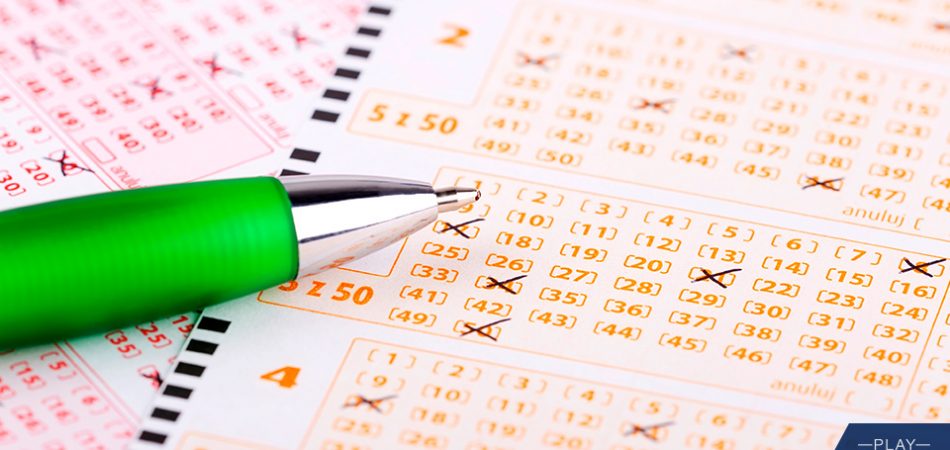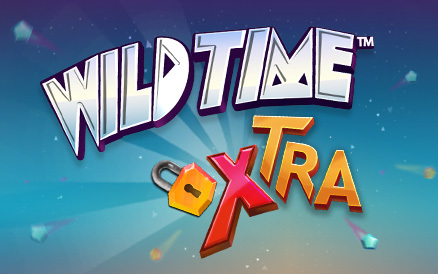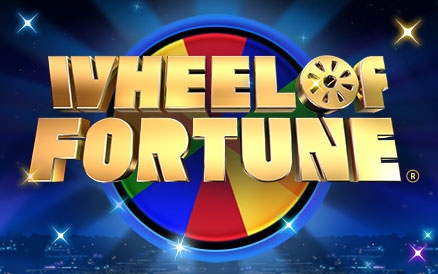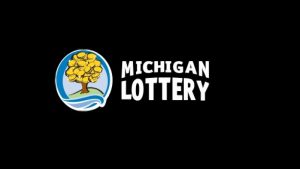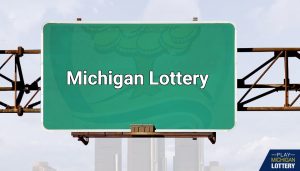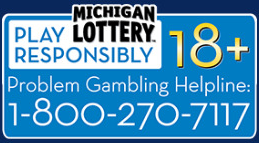There is a technical reason for why the national fight by lotteries against a January 2019 Department of Justice opinion that may threaten their futures would be taken up at the U.S. District Court in New Hampshire. It has to do with a favorable precedent there. That precedent was a 2014 ruling that concluded that a federal law limiting interstate gambling is directed specifically at sports betting.
But there’s also a historical appropriateness to the Granite State leading the charge.
That’s because the modern lottery, now a $78 billion industry, began in that very state — though in an unusual fashion.
History
The history of lotteries in the U.S., in fact, is particularly an unusual one, dating back to before the American Revolution.
During the 1600s, King James I approved the introduction of a lottery to raise money for an ambitious voyage that led to the creation of Jamestown as an English colony. As a result, a majority of the Ivy League schools raised money in the 1700s to build their campuses, and the Continental Congress offered a national lottery in the colonies to raise badly needed funds in its Revolutionary fight (a general by the name of George Washington bought the first ticket).
However, lotteries remained popular through most of the 19th century, but a scandal involving a Louisiana-based lottery that sold tickets nationwide led to a federal ban on such gambling in the 1890s.
The lure of “easy money,” however, led to efforts to revive the lottery in Nevada, New Jersey, New York City, and other jurisdictions in the mid-20th century, as well as a proposed national lottery during World War II — all of which failed.
New Hampshire Politician Unfazed
Those unsuccessful efforts didn’t deter Larry Pickett, the mayor of the city of Keene from 1952-’55, from making his own attempt to bring a lottery to New Hampshire.
It took Pickett — by all accounts a raconteur and determined State representative — 10 years, but he finally got the governor to sign on in 1963. For a state without a sales tax or income tax, revenue had to come from somewhere.
Reader’s Digest asked: “Is either New Hampshire or Uncle Sam so hard up that this shabby dodge is the only way out? It will mean moral bankruptcy for New Hampshire.”
The people did not share that opinion. A community-by-community vote on whether to permit the sale of lottery tickets resulted in more than 90% of those towns approving. So, in March 1964, the modern lottery was born.
Well, Sort of Modern
The “Sweepstakes” — marketed to avoid running afoul of federal prohibitions. They had entrants paying $3 per ticket (equivalent to about $24 today). This was mostly at liquor stores around the state, and 332 of those tickets were “winners.”
Well, not quite winners. What they got was a match to a name of one of the 332 racehorses who entered to run in the New Hampshire Sweepstakes Classic race at Rockingham Park Racetrack (twice as many as had been expected, or had entered the 1964 Kentucky Derby).
With the withdrawal of Derby winner Northern Dancer, September 14, 1964, final field was set at 11 horses, a mere seven months after the lottery — er, sweepstakes — had begun selling tickets. Six people were assigned to each horse, leaving 66 dreams alive as the race neared.
The race, shown nationally on ABC’s iconic Wide World of Sports program. It ended with Roman Brother, the 7-5 favorite, as the winner. Of the six $100,000 winners, two were from New Jersey, two from Maryland, one from Michigan, and one from New York. Those with the runner-up got $75,000, while third-place finishers collected $50,000. For those with a ticket placing out of the money, they settled for $7,500 — just over $60,000 in today’s dollars.
Other States Join
With $5,7 million in tickets sold, the lottery — er, sweepstakes — was a hit. That was the first domino. New York, quickly tiring of seeing some residents spend money in New Hampshire, started its own lottery in 1967. But this time, the tickets were only $1. The drawings were monthly, and you didn’t have to wait for a horse race to find out if you won.
New Jersey upped the ante in 1970, offering 50-cent tickets, weekly drawings, and mass marketing. With more than $1 billion in sales in Year One, New Jersey drew the attention of other states. Massachusetts introduced “instant winner” (or loser) games in 1974. While Power Ball and Mega Millions raised the stakes exponentially with multi-state lotteries with prizes in the hundreds of millions.
Last year, New Hampshire became the sixth state to sell lottery tickets online. A few months later, the U.S. Department of Justice wrote an opinion that suddenly had lotteries — by now long entrenched in American culture — potentially under siege.
Later this month, a New Hampshire District Court judge will issue a ruling that may clarify the issue. But no matter what the result, it’s difficult to imagine the federal government ever outlawing them entirely again.

